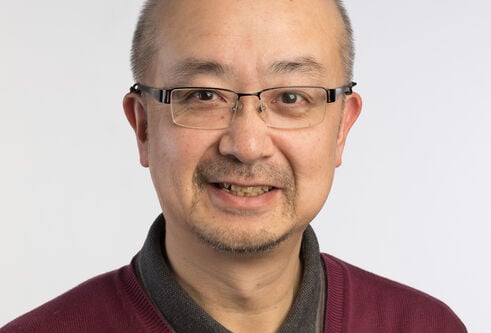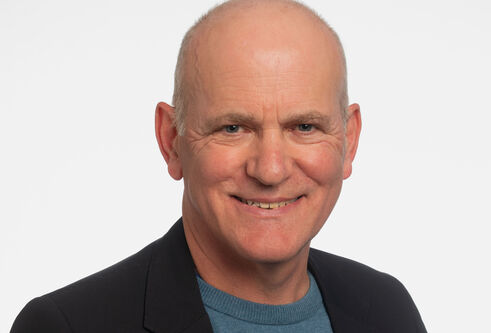PhD opportunity
How cells prevent errors in chromosome inheritance during cell division
Unfunded
31 August 2026
- Funding – self-funded/externally sponsored applicants (PhD Fees can be found here)
- Applications are accepted year round
- Standard Entry dates – January and September
- Applicants are expected to have a degree (equivalent of Honours or Masters) in a relevant discipline.
Human cells store their genetic information in 46 chromosomes. To maintain this vital genetic information, a complete set of chromosomes must be inherited precisely by each daughter cell after cell division. Errors in this process cause cell death and various human diseases, such as spontaneous miscarriage during pregnancy, genetic abnormalities and cancers. Our research goal is to understand the fundamental mechanisms that ensure accurate chromosome inheritance when cells divide. These mechanisms involve how chromosomes efficiently and correctly interact with a cellular apparatus called the mitotic spindle that subsequently moves chromosomes into the new daughter cells.
The Tanaka group has been studying molecular mechanisms for chromosome interaction with the mitotic spindle, using budding yeast and human cells. While budding yeast represents a simple model system to study evolutionarily conserved mechanisms, human cells provide information directly relevant to human diseases. The Tanaka group’s pioneering works in budding yeast revealed how chromosomes efficiently interact with the mitotic spindle and how errors in this process are subsequently corrected [1]. Moreover, in human cells, his group recently discovered a novel mechanism that defines chromosome positioning to facilitate interaction with the mitotic spindle [2]. Crucially, many cancer cells lack this chromosome positioning mechanism. This discovery gives new insight into how cancer cells develop chromosome instability, which causes chemotherapy resistance and results in poor prognosis.
Meanwhile, G. Barton is the academic lead of the Data Analysis Group (DAG), who has been developing computer simulation of chromosome interaction with the mitotic spindle, in collaboration with the Tanaka group [3]. Such simulation and mathematical modelling help us understand how multiple mechanisms cooperate and minimise errors in this process to prevent chromosome instability, a hallmark of cancer cells.
This PhD project will further explore mechanisms for chromosome interaction with the mitotic spindle, using advanced live-cell imaging and mathematical modelling. For example, the project will address how chromosome positioning and interaction with the mitotic spindle are coordinated and how the aberrant chromosome interaction with the mitotic spindle is actually removed and replaced with correct interaction. The results from live-cell imaging will be fed into computer simulation to evaluate the complex dynamics on the whole set of chromosomes and to reveal cooperation between multiple mechanisms. The aim of the project is not only to understand mechanisms in normal cells, but also to reveal how the mechanisms go wrong, leading to chromosome instability in cancer cells.
The PhD student, who takes this project, will learn methods in molecular genetics, genome editing, advanced live-cell imaging, super-resolution microscopy and image analyses, and will collaborate with bioinformaticians in DAG to develop mathematical modelling and computer simulation. This PhD project will provide a unique opportunity of working on cutting edge biosciences integrating wet-lab and in-silico approaches.
References
[1] Kalantzaki M et al. Kinetochore–microtubule error correction is driven by differentially regulated interaction modes. Nat Cell Biol, 17, 421-33, (2015).
[2] Booth AJR et al. Contractile actomyosin network on nuclear envelope remnants positions chromosomes for mitosis. eLife 8, e46902 (2019).
[3] Vasileva V et al. Molecular mechanisms facilitating the initial kinetochore encounter with spindle microtubules. J. Cell Biol, 216, 1609-22 (2017).
Our research community thrives on the diversity of students and staff which helps to make the University of Dundee a UK university of choice for postgraduate research. We welcome applications from all talented individuals and are committed to widening access to those who have the ability and potential to benefit from higher education.
How to apply
Please contact the principal project supervisor to discuss your interest further, see supervisor details below.
For general enquiries, contact [email protected]

